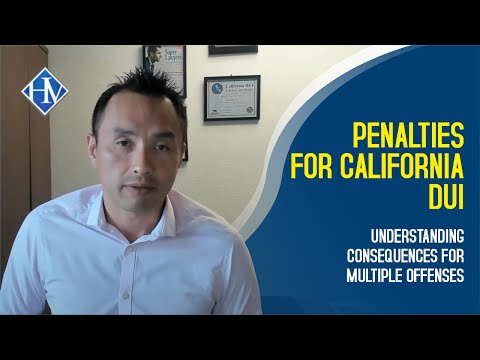
Welcome to this informative article on understanding the legal proceedings for a first DUI offense in California. It is important to note that while this article aims to provide a comprehensive overview of the topic, it is always advisable to cross-reference with other reliable sources and seek legal advice from professionals to ensure accuracy and applicability to your specific situation. With that said, let’s delve into the world of DUI offenses in California and the legal journey that follows.
Understanding the Process: What to Expect in Court for a First DUI in California
Understanding the Legal Proceedings for a First DUI Offense in California
If you have been charged with a first DUI offense in California, it is important to understand the legal proceedings that you will face. Navigating the court system can be complex and overwhelming, but having a clear understanding of what to expect can help ease some of the anxiety. In this article, we will break down the process step by step, so you know what lies ahead.
📋 Content in this article
The Arrest and Booking Process
The Arraignment
The Pre-Trial Phase
The Trial
Understanding Sentencing Guidelines for First-Time DUI Offenders in California
Understanding Sentencing Guidelines for First-Time DUI Offenders in California
Driving under the influence (DUI) is a serious offense in California and can have severe consequences. If you have been charged with a first DUI offense, it is crucial to understand the legal proceedings and the potential sentencing guidelines that may apply to your case. This article aims to provide you with a comprehensive understanding of the sentencing guidelines for first-time DUI offenders in California.
Legal Proceedings for a First DUI Offense in California:
1. Arrest: When you are arrested for DUI, law enforcement officers usually follow a specific process. They will ask you to take a breathalyzer test or perform a field sobriety test. If they have probable cause to believe that you are impaired, they will place you under arrest.
2. Booking: After the arrest, you will be taken to a police station or jail for booking. During this process, your personal information will be recorded, and you may undergo fingerprinting and have your photograph taken.
3. Arraignment: The arraignment is your first court appearance. At this stage, the charges against you will be read, and you will have the opportunity to enter a plea. It is essential to consult with an attorney before making any statements or entering a plea.
4. Pretrial Proceedings: If you plead not guilty, the pretrial proceedings will begin. This phase involves gathering evidence, negotiating with the prosecutor, and potentially filing motions to challenge certain aspects of the case.
5. Trial: If a plea agreement cannot be reached, your case may proceed to trial. During the trial, the prosecution will present evidence to prove your guilt beyond a reasonable doubt. It is crucial to have strong legal representation during this stage.
Now, let’s delve into the sentencing guidelines for first-time DUI offenders in California.
Sentencing Guidelines for First-Time DUI Offenders in California:
1.
Title: Understanding the Legal Proceedings for a First DUI Offense in California
Introduction:
In the state of California, being charged with a DUI (Driving Under the Influence) offense can have serious consequences. It is essential to have a clear understanding of the legal proceedings that follow a first DUI offense. This article aims to provide a comprehensive overview of these proceedings, emphasizing the importance of staying current on this topic. However, readers should always verify and cross-reference the information presented here, as laws may change and vary from case to case.
1. Arrest:
If you are pulled over by law enforcement and suspected of driving under the influence, the officer may conduct field sobriety tests and/or a chemical test to determine your blood alcohol content (BAC) level. If your BAC level exceeds the legal limit of 0.08%, you will be arrested and taken into custody.
2. Booking and Bail:
After your arrest, you will be taken to a local police station or county jail for booking. This process involves recording your personal information, taking your fingerprints, and photographing you. Following booking, you may be eligible for release on bail, which requires posting a certain amount of money as collateral to ensure your appearance in court.
3. Arraignment:
The arraignment is your first court appearance after being charged with a DUI offense. During this proceeding, you will be informed of the specific charges against you and have the opportunity to enter a plea – guilty, not guilty, or no contest. It is crucial to consult with an attorney before making any decisions during this phase.
4. Pre-Trial Motions and Negotiations:
Prior to the trial, your attorney may file pre-trial motions to challenge evidence or seek a dismissal of charges. Additionally, negotiations may take place between your attorney and the prosecution to explore potential plea bargains or alternative sentencing options.
5.
